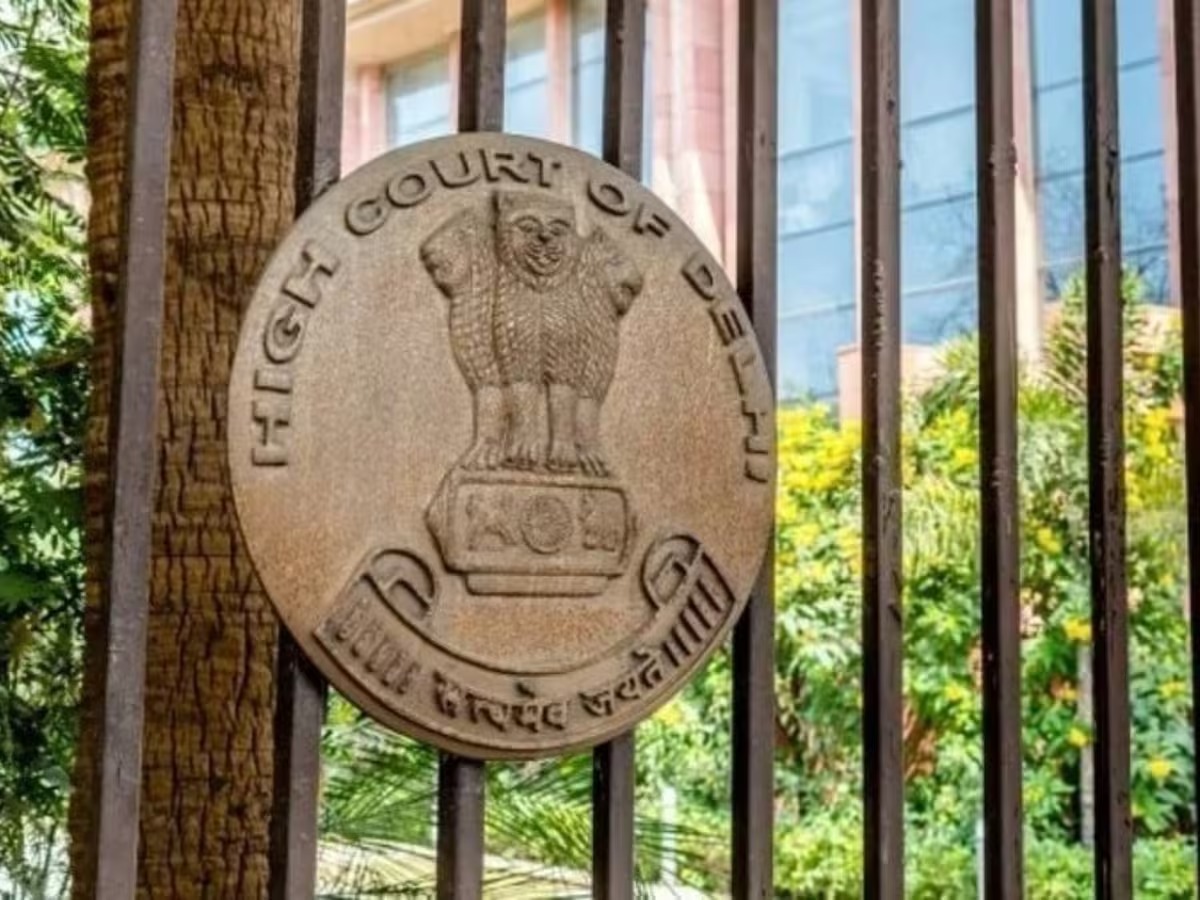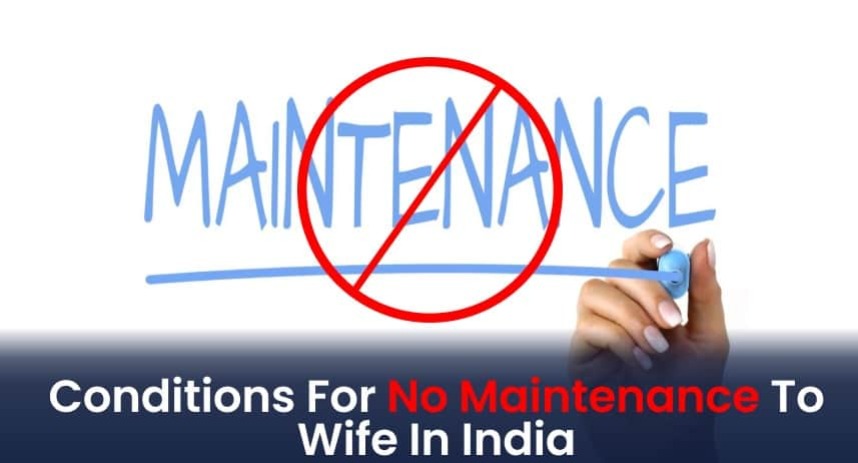Rajesh Bindal, J.@mdash1. This is bunch of four petitions, filed under Article 227 of the Constitution of India, challenging the order passed under Order 38 Rule 5 read with Section 151 of the Code of Civil Procedure, for attachment of the property before the judgments in four suits filed by the respective respondents.
2. Facts have been noticed from Civil Revision No. 176 of 2007.
3. Briefly the facts, as mentioned in the petition, are that respondent/plaintiff filed a suit for recovery against the petitioner. Petitioner-defendants put in his appearance after service. During the pendency of suit, respondent-plaintiff moved an application under Order 38 Rule 5 read with Section 151 of the CPC praying for a direction to the petitioner to furnish security of for attachment of the properties mentioned in the application before the judgment, so as to secure the interest of ''respondent-plaintiff.
4. After hearing learned Counsel for the parties, learned Additional Civil Judge (Senior Division), Patti accepted the prayer made by the respondent-plaintiff by passing the following orders:
I have perused the documents and appreciated the contentions raised by both the Counsel for the parties. I am of the view that plaintiffs are prima facie entitled to recover an amount of Rs. 1,57,500/- as principal and Rs. 14,175/- as interest on the said amount. The defendants are yet to bring on record as to how much money, they claimed from the plaintiff and the counterclaim in rendition of accounts. Therefore, in case, defendants dispose of whole of the property of plaintiff during the pendency of the present suit and the plaintiff becomes entitle for recovery of the suit amount then it would become very difficult for the plaintiff to recover the said amount alongwith interest from the defendants. In that eventuality, the plaintiff would suffer irreparable loss in terms of money which would not be compensated in terms of money. Therefore, a prima facie case is made out for grant of ad-interim injunction. The application for grant of ad-interim injunction is allowed. The defendants would seek prior permission of the court before disposing of his property, so that subsequent vendees be brought on record. This order or mine shall not effect the case on merits.
5. Learned Counsel for the petitioners submitted that the trial Court has not exercised the jurisdiction in the manner it should have been exercised as mere vague allegations made in the application were not sufficient to restrain the defendants in a suit for disposing of the property as the allegations are required to be definite. He relied upon judgment of this Court in
6. He submits that at the most, learned trial Court should have attached the property only to the extent, it was sufficient for satisfaction of the decree, if any, passed against the petitioner and not the entire property.
7. Inspite of service, no one has put in appearance for the respondents when the case was taken up for hearing.
8. After hearing learned Counsel for the petitioner, I find merit in the alternative contention raised by the Counsel for the petitioner that in a suit for recovery of Rs. 1,57,500/- as principal and Rs. 14,175/- as interest the value of the property, which would be sufficient to satisfy the decree, if any, passed against the petitioner should have been attached and not his entire property.
9. Accordingly, order passed by the learned trial court attaching the property of the petitioner before judgment is upheld, however, the matter is remitted back to the trial Court for considering the amount of claim made by the respondent in the present petition and in other petitions as well and attach property of the value, which would be sufficient for satisfaction of the decree, if any, passed against the petitioners and rest of the property be released from attachment.
The petitions are disposed of in the manner as indicated above.

